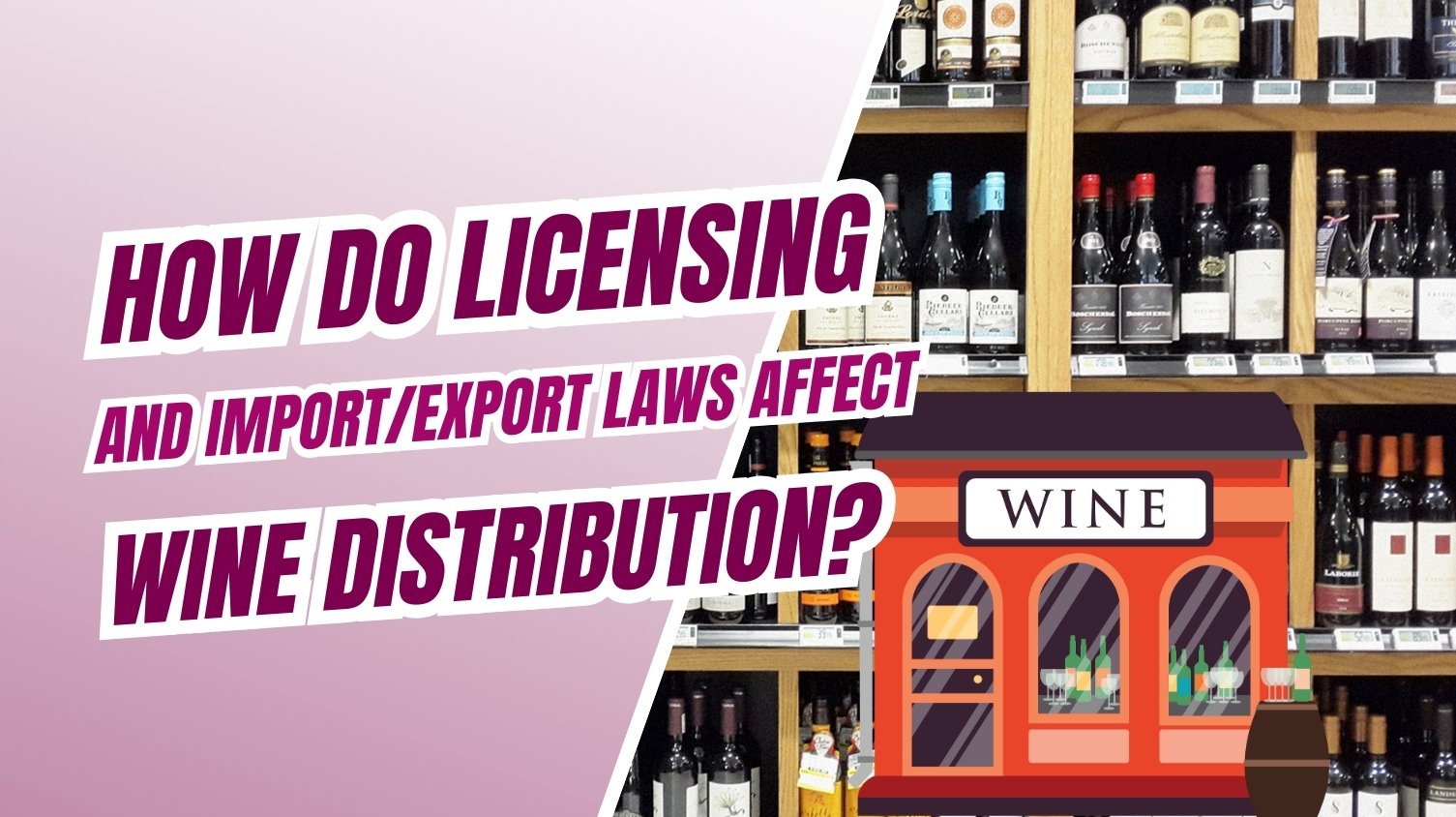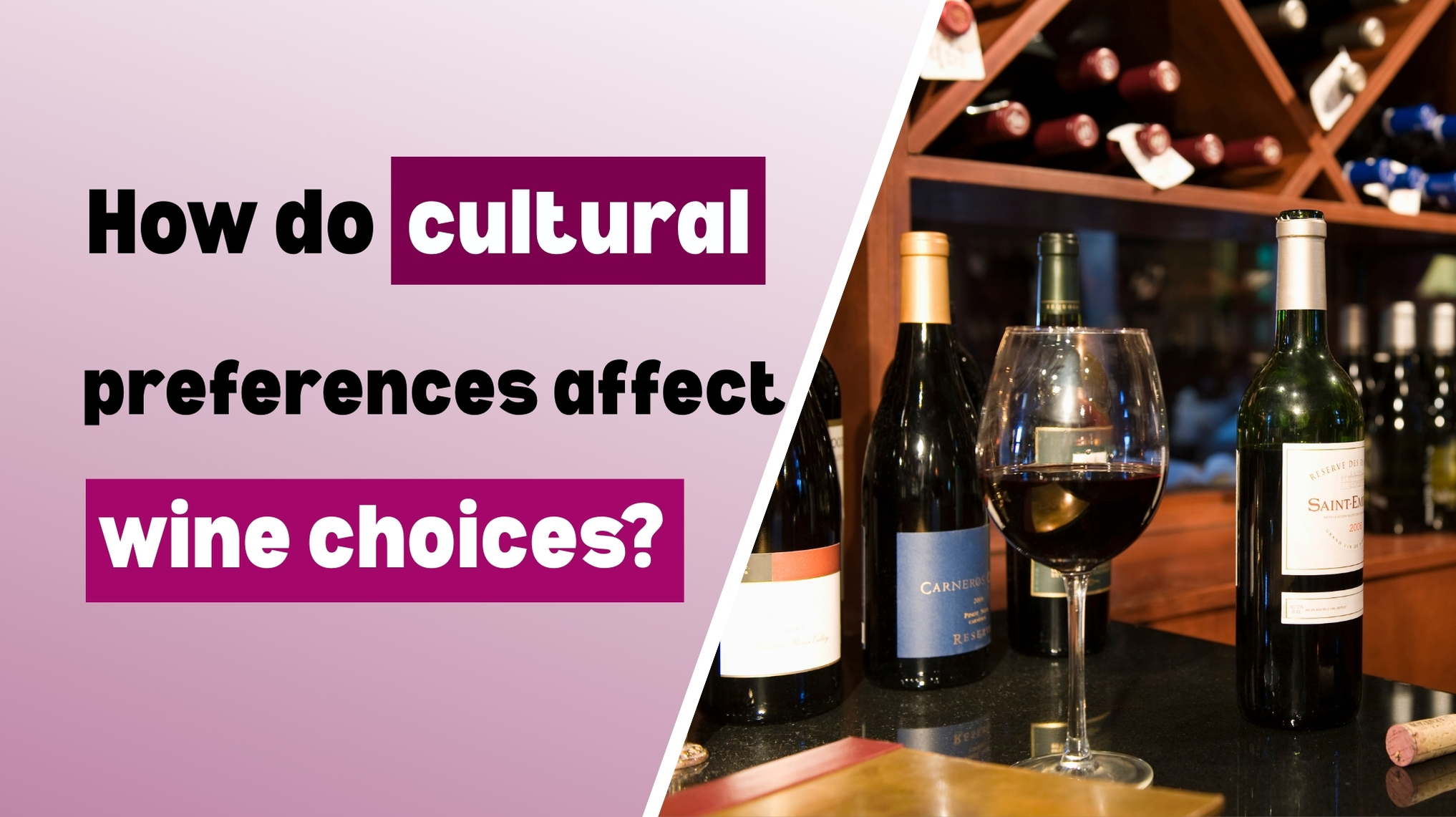Understanding Licensing and Import/Export Laws in Wine Distribution

Introduction: Why These Laws Matter
In the wine business, knowing and following the rules is very important—especially when it comes to licensing and shipping wine across state or country borders. These laws affect everything from how wine is made and sold to how it reaches customers. If wineries want to grow their business, especially in new places, they must understand these legal rules and work with them.
Licensing Laws: The Rules for Selling Wine
Licensing laws are the rules that tell a winery what it needs to do to legally make, sell, and ship wine. These laws change depending on where you are, and they can make a big difference in how a winery runs.
The Three-Tier System in the U.S.
In the United States, alcohol is sold using a system called the "three-tier system." It works like this:
Producers – These are the wineries or importers who make or bring in the wine.
Distributors – They buy the wine from the producers and sell it to retailers.
Retailers – These include stores and restaurants that sell the wine to the public.
This system was created after Prohibition ended to prevent big companies from controlling the entire alcohol market. While it helps create balance, it can also be expensive and complicated for small wineries that want to sell in more places.
Franchise Laws in Some States
Some states have special laws that protect distributors. These are called franchise laws. They often make it hard for a winery to switch distributors if the relationship isn't working. Once a winery signs a deal, it may not be able to leave it easily, which limits their options.
Direct-to-Consumer (DTC) Shipping
With more people shopping online, many wineries want to ship wine directly to their customers. This is called direct-to-consumer or DTC shipping. However, not all states allow it. Some states have very strict rules, while others make it easy. Wineries must know the rules in each state before they start shipping.
Import/Export Laws: Shipping Wine Across Borders
For wineries that want to sell in other countries, there are even more laws to follow. These laws affect how wine can be shipped, labeled, and priced in other parts of the world.
Tariffs and Trade Barriers
Tariffs are taxes that one country charges on goods coming in from another country. If a country places a high tariff on imported wine, the price goes up for buyers. For example, when the U.S. added tariffs on European wines, prices increased, and many wineries had to rethink their sales strategies.
Following Foreign Rules (Regulatory Compliance)
Each country has its own rules about how wine should be labeled, what should be in the packaging, and what quality standards must be met. If a winery doesn’t follow these rules, the wine might not be allowed into the country. It can even harm the winery's reputation.
Trade Agreements
Some countries make special trade deals with each other. These deals can remove tariffs or make the rules easier. For example, when China removed tariffs on Australian wines, it created big opportunities for Australian wineries to sell more. These deals can change the market a lot, so it's important to keep track of them.
Smart Ways Wineries Can Handle These Laws
Dealing with all these rules can be tricky, but there are smart steps wineries can take to make it easier:
Stay Updated – Laws can change fast. Keep checking for updates in every state or country where you sell wine.
Hire a Legal Expert – A lawyer who knows about alcohol laws can help avoid problems and guide you through the process.
Sell in Many Places – Don’t depend on just one market. Sell in multiple places so that if one area has tough laws, others might still work.
Use Technology – There are tools and software that help track laws and make sure you are always following them.
Join Industry Groups – Being part of a wine trade group can help wineries push for better rules and share tips with others.










